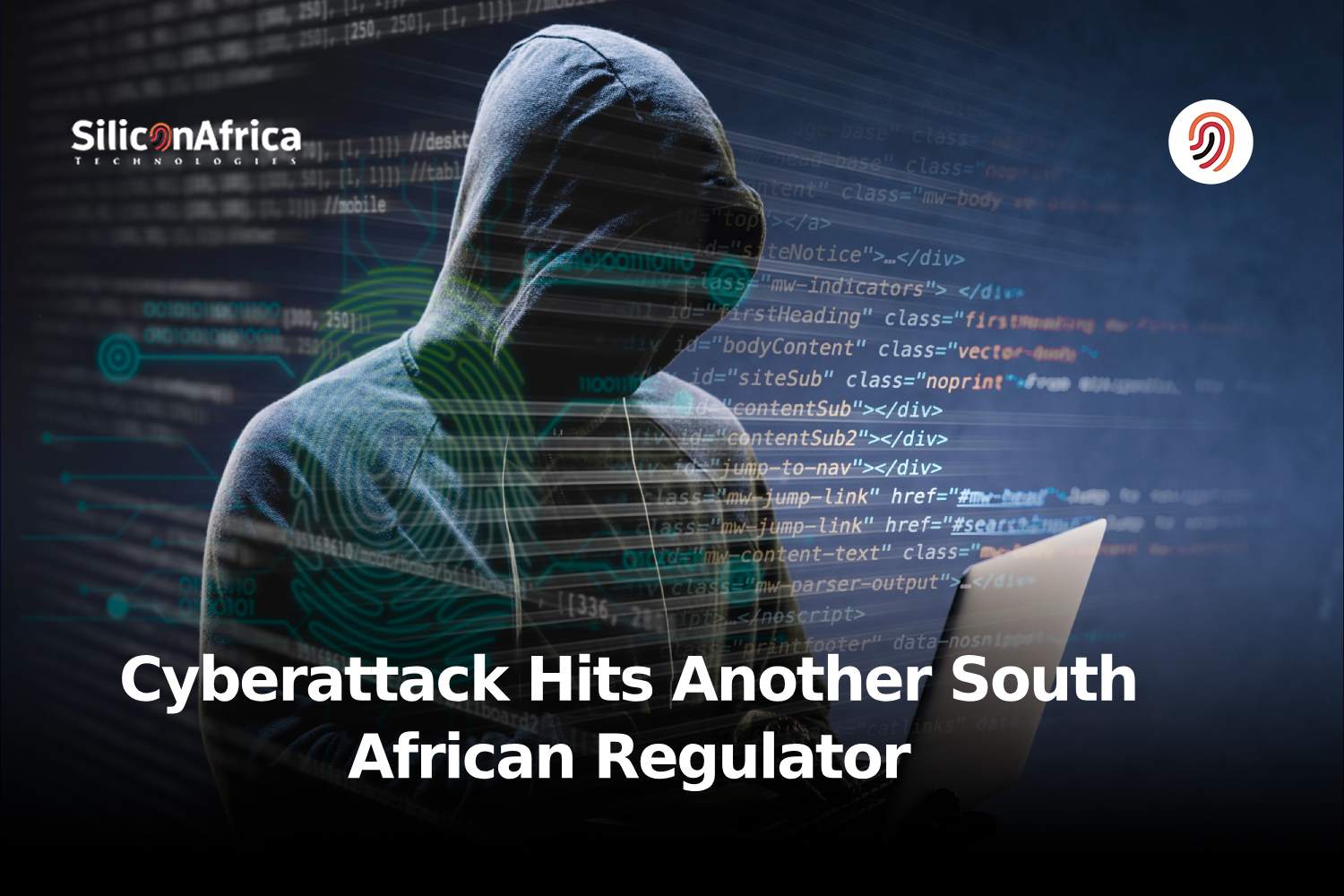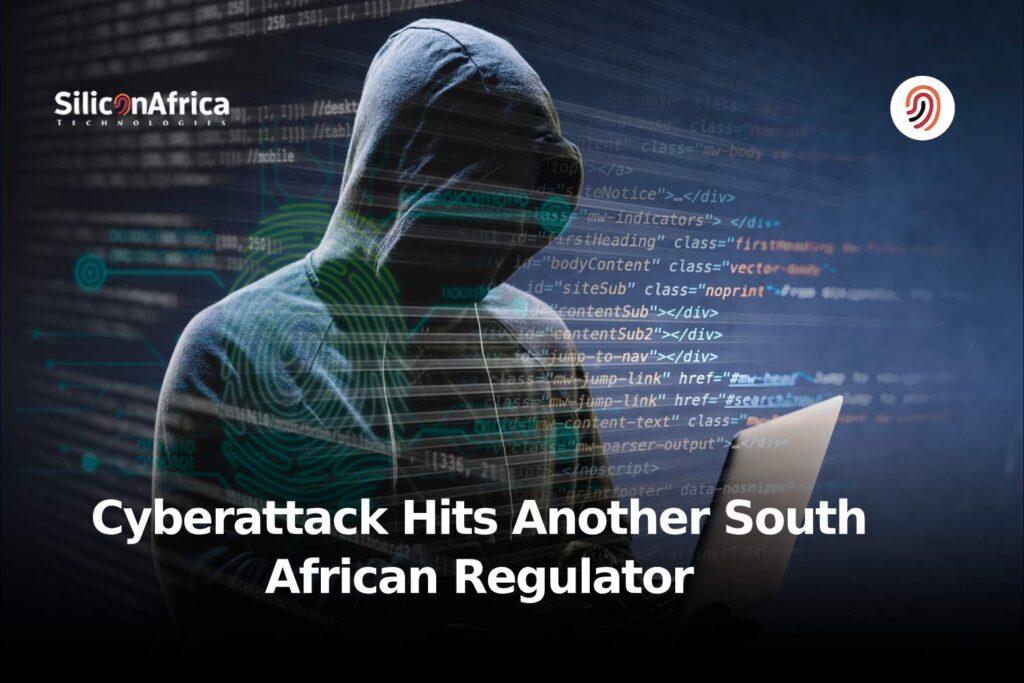Physical Address
60 Ekwema Cres, Layout 460281, Imo
Physical Address
60 Ekwema Cres, Layout 460281, Imo

The South African International Trade Administration Commission (ITAC) has been affected by the latest cyberattacks by hackers.

The cyberattack on the commission happened in January 2024. It led to the exposure of the personal information of stakeholders.
ITAC is dedicated to facilitating fair trade in South Africa to enhance economic growth and development. An internet attack on the commission might hinder its function and, consequently, cause damage to the economy.
Ayabonga Cawe, chief commissioner at ITAC, said: “We would like to take this opportunity to notify our stakeholders of a security compromise experienced by the trade regulator, ITAC.”
He continued in a social media post, “Cyberattacks of this sort are, unfortunately, an increasingly challenging part of the terrain. Also a challenge within the environment within which we operate. We remain committed to improving the security environment of ITAC to ensure the personal information of our stakeholders remains secure. Additionally, we will continue working with the Information Regulator in this regard.”
Recently, the Companies and Intellectual Property Commission (CIPC) announced an “attempted security breach” that exposed the personal information of employees and clients. Also, the South African Government Employees Pension Fund was recently targeted by cybercriminals.
This reveals that the cybercriminals involved are particularly targeting South African government organizations.
According to iWeb, the Information Regulator, headed by Tlakula, is mandated to ensure organizations put in place safety measures. These measures protect the data privacy of South Africans in terms of the Protection of Personal Information Act (POPIA).
Under this Act, organizations must inform the Information Regulator of its activities. Especially if or when they expose the personal information of individuals to unauthorized third parties without their approval.
The Act sets down firm structures that companies have to abide by to avoid fines. Additionally, the structure prevents criminal prosecution and potential reputational loss. Also, perpetrators can face R10 million in fines or 10 years of imprisonment. This punishment depends on the level of the breach.
You can check out other useful content by following us on X/Twitter: @siliconafritech.
Instagram: @ Siliconafricatech.
Facebook: @ Silicon Africa.